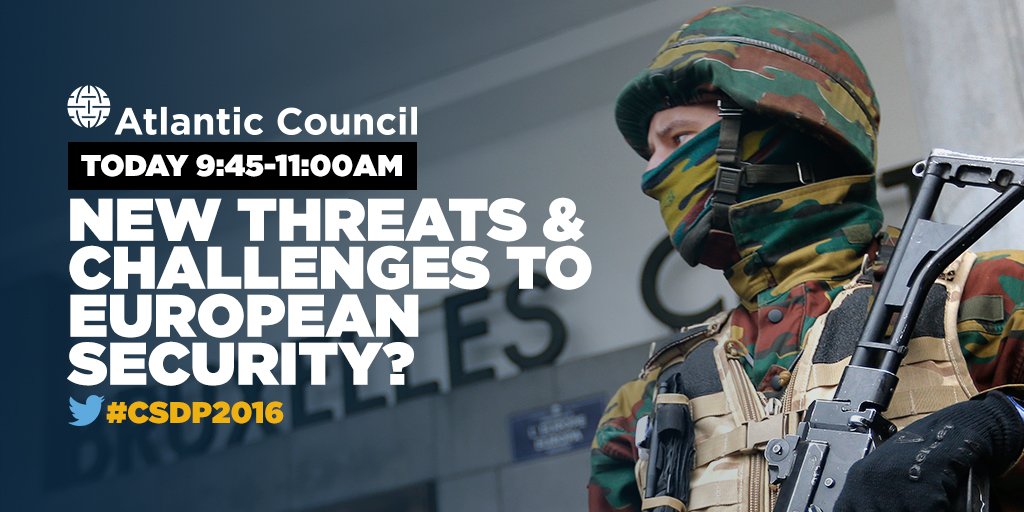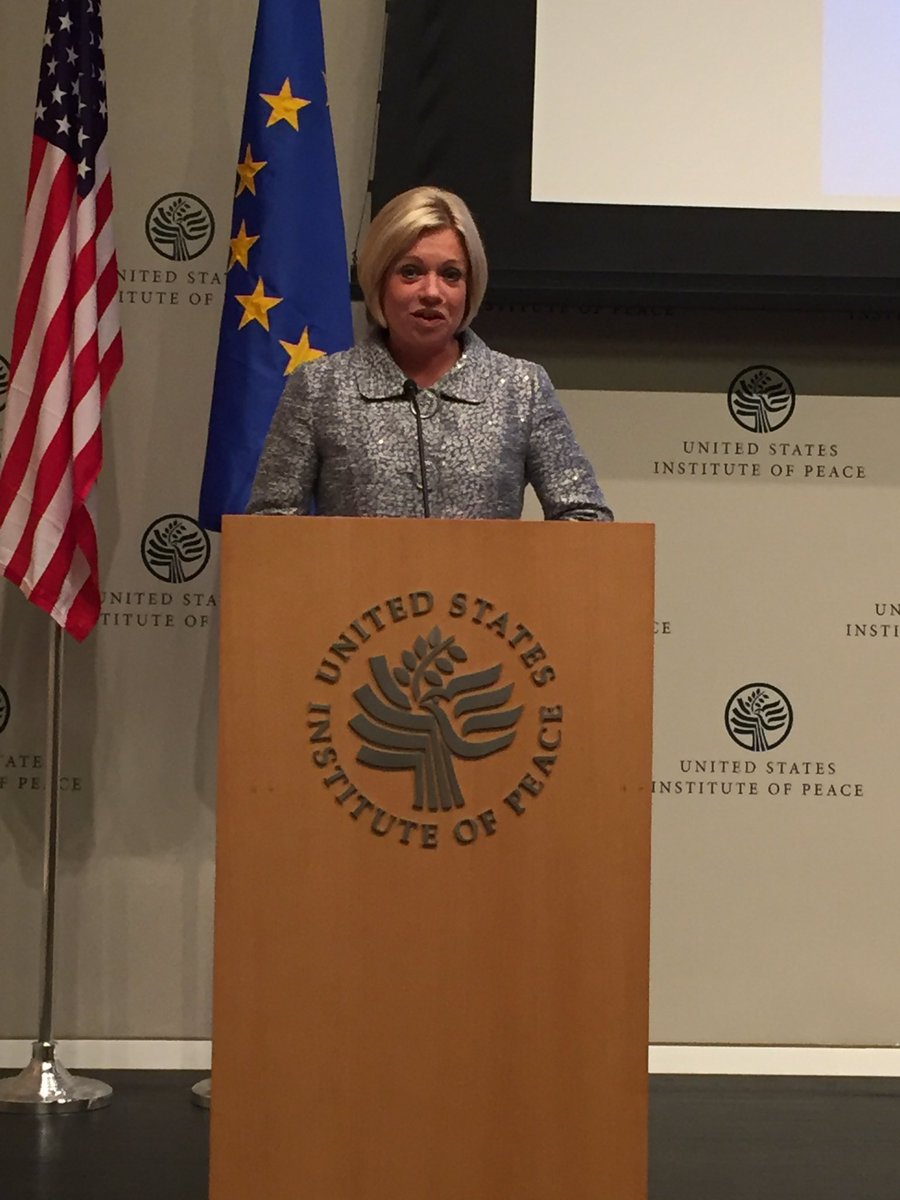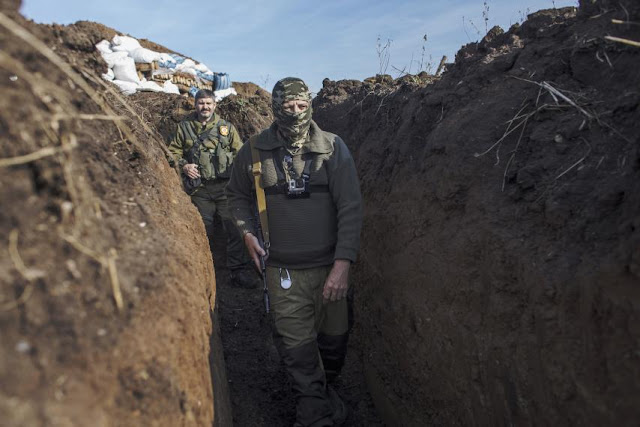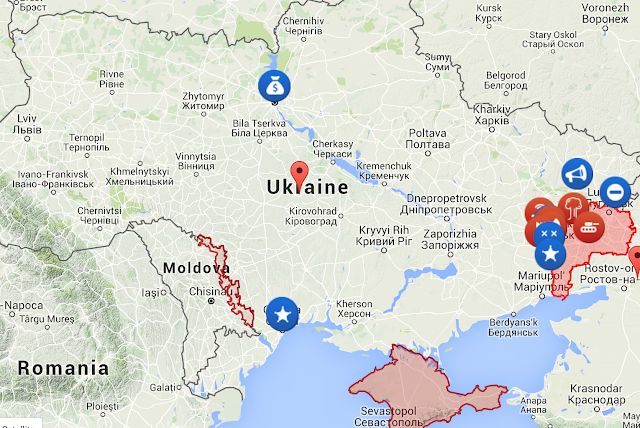(213) 04-09-2016-to-04-15-2016_____****THE****WINDS****of****WAR****
http://www.timebomb2000.com/vb/show...15-2016_____****THE****WINDS****of****WAR****
(214) 04-16-2016-to-04-22-2016_____****THE****WINDS****of****WAR****
http://www.timebomb2000.com/vb/show...22-2016_____****THE****WINDS****of****WAR****
(215) 04-23-2016-to-04-29-2016_____****THE****WINDS****of****WAR****
http://www.timebomb2000.com/vb/show...29-2016_____****THE****WINDS****of****WAR****
_____
Merde.........I can't take a night off apparently.....
Thanks MzKitty, Possible Impact and Almost Ready for jumping on this developing mess in Iraq.
Vestige, your two word succinct analysis, "It's gone" is unfortunately spot on.....
Iraq-IS War (30 March 2016) Obama to decide on increasing troop levels in Iraq soon
http://www.timebomb2000.com/vb/show...on-increasing-troop-levels-in-Iraq-soon/page2
US System In Iraq Collapsing: Protesters Storm Parliament, State of Emergency Declared
Started by Possible Impactý, Today 08:10 AM
http://www.timebomb2000.com/vb/show...-Storm-Parliament-State-of-Emergency-Declared
For links see article source.....
Posted for fair use.....
https://pjmedia.com/trending/2016/0...ic-than-usual-as-protesters-storm-parliament/
Iraq Even More Chaotic Than Usual as Protesters Storm Parliament
By Rick Moran April 30, 2016
Hundreds of Iraqi protesters demanding political reforms broke through the security cordon in the heavily fortified Green Zone in Baghdad and stormed the parliament building, sending terrified lawmakers fleeing for their lives.
As of Saturday afternoon there were still politicians in the building, hiding from hundreds of protesters who were occupying the building.
The protest leader is an old friend of the U.S.: Muqtada al-Sadr, the firebrand Shia cleric whose Mahdi Army fought on and off with the U.S. army in the slum known as Sadr City. Just prior to the takeover of parliament, Sadr appeared on TV.
The Washington Post:
Considering that parliament is a broken institution anyway, it is of little consequence that it is currently occupied.
But the problem at the root of the protests was caused by America's good intentions.
Sectarian divisions were so bad in 2003 that the Bush administration believed that the optimum solution was divvying up the spoils of government among Shia, Sunni, and Kurdish parties.
This is not unusual in the Middle East. Lebanon has a similar system where the presidency goes to a Christian, the prime ministership to the Sunnis, and the speaker of parliament to the Shias.
But while easing sectarian tensions, it also frustrates reformers and democrats because the ruling party rarely has the kind of majority that allows it to govern. Given the factions within factions in Iraq, it's not surprising the political system is broken.
The Obama administration exacerbated the problem by leaving the country just as our help was most needed. While surely there's enough blame to go around for this state of affairs, ultimately, it is the Iraqis themselves who are responsible and must find the courage and the will to see their way through this crisis.
http://www.timebomb2000.com/vb/show...15-2016_____****THE****WINDS****of****WAR****
(214) 04-16-2016-to-04-22-2016_____****THE****WINDS****of****WAR****
http://www.timebomb2000.com/vb/show...22-2016_____****THE****WINDS****of****WAR****
(215) 04-23-2016-to-04-29-2016_____****THE****WINDS****of****WAR****
http://www.timebomb2000.com/vb/show...29-2016_____****THE****WINDS****of****WAR****
_____
Merde.........I can't take a night off apparently.....
Thanks MzKitty, Possible Impact and Almost Ready for jumping on this developing mess in Iraq.
Vestige, your two word succinct analysis, "It's gone" is unfortunately spot on.....
Iraq-IS War (30 March 2016) Obama to decide on increasing troop levels in Iraq soon
http://www.timebomb2000.com/vb/show...on-increasing-troop-levels-in-Iraq-soon/page2
US System In Iraq Collapsing: Protesters Storm Parliament, State of Emergency Declared
Started by Possible Impactý, Today 08:10 AM
http://www.timebomb2000.com/vb/show...-Storm-Parliament-State-of-Emergency-Declared
For links see article source.....
Posted for fair use.....
https://pjmedia.com/trending/2016/0...ic-than-usual-as-protesters-storm-parliament/
Iraq Even More Chaotic Than Usual as Protesters Storm Parliament
By Rick Moran April 30, 2016
Hundreds of Iraqi protesters demanding political reforms broke through the security cordon in the heavily fortified Green Zone in Baghdad and stormed the parliament building, sending terrified lawmakers fleeing for their lives.
As of Saturday afternoon there were still politicians in the building, hiding from hundreds of protesters who were occupying the building.
The protest leader is an old friend of the U.S.: Muqtada al-Sadr, the firebrand Shia cleric whose Mahdi Army fought on and off with the U.S. army in the slum known as Sadr City. Just prior to the takeover of parliament, Sadr appeared on TV.
The Washington Post:
The session had been postponed until the afternoon, but before it was held, Sadr, a leader in the resistance to the American troop presence in Iraq following the U.S.-led invasion, held a news conference from the southern city of Najaf.
“They are against reform, they hope to behead the will of the Iraqi people,” he said of the country’s politicians. “I’m with the people, no matter what they decide. I’m standing and waiting for a major uprising of the Iraqi people.”
Shortly afterward, protesters, many of whom are Sadr loyalists, pushed through the multiple security cordons around parliament.
Considering that parliament is a broken institution anyway, it is of little consequence that it is currently occupied.
But the problem at the root of the protests was caused by America's good intentions.
The surge of protesters into the secure area, which is off limits to most Iraqis, was the culmination of months of street protests. Under huge political pressure, Prime Minister Haider al-Abadi has attempted to reshuffle his cabinet and meet the demands of the demonstrators, who have been spurred on by the powerful Shiite cleric Moqtada al-Sadr. But he has been hampered by a deeply divided parliament, where sessions have descended into chaos as lawmakers have thrown water bottles and punches at one another.
The political unrest has brought a new level of instability to a country that is facing multiple crises, including the fight against the Islamic State militant group and the struggling economy.
“This is a new era in the history of Iraq,” screamed one demonstrator in the main lobby of the parliament, in footage on Iraqi television. Another said, “They have been robbing us for the past 13 years.”
At the heart of the protesters demands is an end to the political quota system, which was put in place after the U.S.-led invasion in 2003 and sees positions shared out between sects. Sadr has demanded a new technocratic government.
“This is an end to the political system put in place after 2003,” said Shwan al-Dawoodi, a Kurdish lawmaker. “A big part of the blame for this is on America, which left Iraq without solving this crisis it created.”
Earlier in the day, not enough lawmakers had turned up in parliament to officially convene a session in which Abadi was due to present names for a cabinet reshuffle
Sectarian divisions were so bad in 2003 that the Bush administration believed that the optimum solution was divvying up the spoils of government among Shia, Sunni, and Kurdish parties.
This is not unusual in the Middle East. Lebanon has a similar system where the presidency goes to a Christian, the prime ministership to the Sunnis, and the speaker of parliament to the Shias.
But while easing sectarian tensions, it also frustrates reformers and democrats because the ruling party rarely has the kind of majority that allows it to govern. Given the factions within factions in Iraq, it's not surprising the political system is broken.
The Obama administration exacerbated the problem by leaving the country just as our help was most needed. While surely there's enough blame to go around for this state of affairs, ultimately, it is the Iraqis themselves who are responsible and must find the courage and the will to see their way through this crisis.
Last edited:




 )
)





